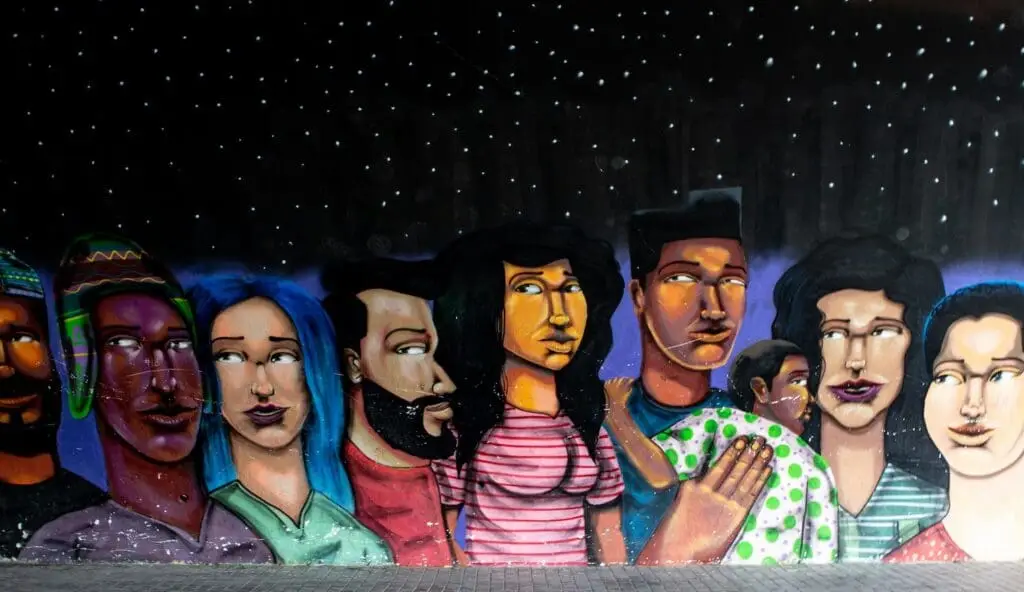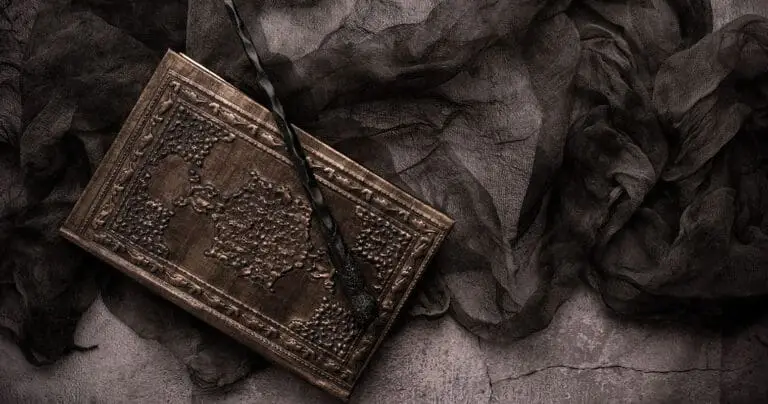*takes a deep breath*
Ready? Let's explore the complex issue of incorporating real-world cultural elements into fantasy settings. It can be tricky to balance respectfully borrowing inspiration and inadvertently misrepresenting or appropriating another culture, but with some mindful approaches, I think we can navigate it properly.
Research, Research, Research
The first key principle: Do your homework. I can't stress this enough. If you want to evoke the richness of another culture's traditions, mythologies, clothing, architecture, etc., in your fantasy world, you'd better be putting in the research hours. Don't just skim the surface; really immerse yourself in understanding the history, nuances, and significance behind those cultural elements.
Because here's the thing—cultures aren’t grab-bags of cool visuals to pluck random stuff from just because it looks neat. Every tradition, symbol, and practice is deeply intertwined with a people’s experience, beliefs, and identity. If you transplant something into your fictional setting without grasping its real-world meaning and context, you risk diminishing or distorting it through reductive fantasy stereotypes. And that's where things can quickly veer into inappropriate appropriation territory.
Now, I'm not saying this research has to be stuffy or academic. In fact, some of the best ways to start are super immersive. Cook up some traditional cuisine, attend local cultural celebrations if you can, read first-hand accounts and fictional works by authors from that culture. Let the flavors, sights, and words gradually soak into your creative mindset.
Respectful Integration
Once you've done that substantive groundwork, you can look for organic ways to weave in evocative cultural details that ring true to their inspirations. Don't be afraid to put your own fantastical spin on things as long as the foundations are well-understood and respectfully rendered.
Because if we writers don't put in that work? Well, we risk falling back on cringeworthy fantasy tropes about mystical, incomprehensible cultures seen only through an outside lens. You've read those stories where beliefs are flattened into mere superstition, societies are depicted as exotic curiosities, and cultural heritages are boiled down into meaningless window-dressing for a western-centric narrative. The Planet of Hats trap is very real.
I don't know about you, but that's not the kind of fantasy I want to put out into the world. We've got enough of that reductive, appropriative stuff already. As contemporary world-builders, we've got an opportunity (and, I'd argue, a responsibility) to depict the cultures we borrow from with authenticity and empathy.
Does that mean you have to be a cultural anthropologist to write good fantasy? Of course not. But it does mean putting in the work to truly know what you're quoting from the real world. It means having humility and openness to listen to cultural voices that can guide you. And most importantly, it means caring enough to handle other traditions and identities with care, awareness, and basic human respect.
And that's what the ethical incorporation of cultural elements boils down to: respect. Mutual respect between creators and cultures. Respect for research over assumptions. Respect for the power of story to divide or unite.
“Whatever. I've heard all this before.”
You've made it this far, and maybe you're brushing off the message. Research, respect, empathy, whatever. Nothing new here. You've heard it all before. Good! That means the message is getting around. It means people are more widely adopting a mindset of respect for other cultures. I know I'm not breaking new ground here; of course I do. That's not the point. I aim to add my voice to the many who want to see a change in the way we approach other cultures.





















